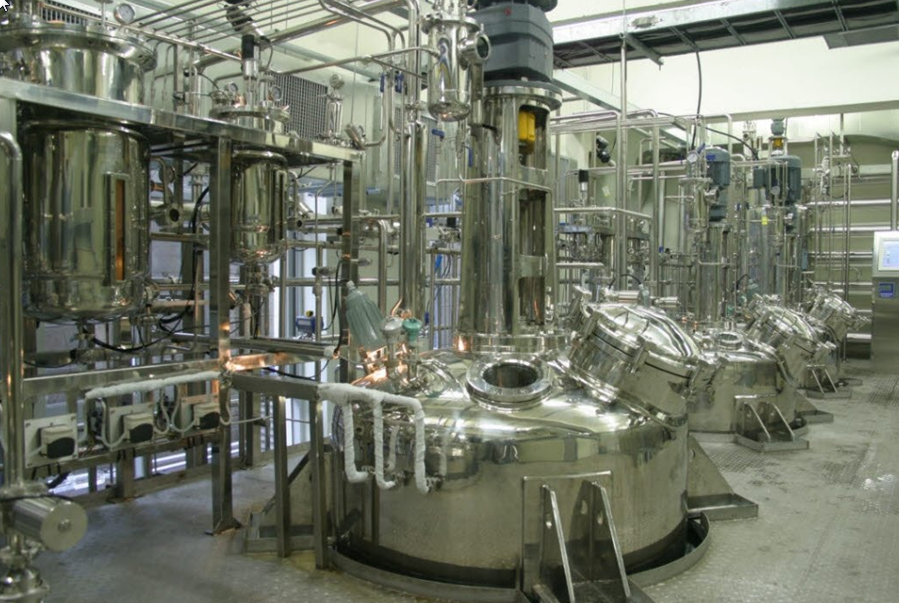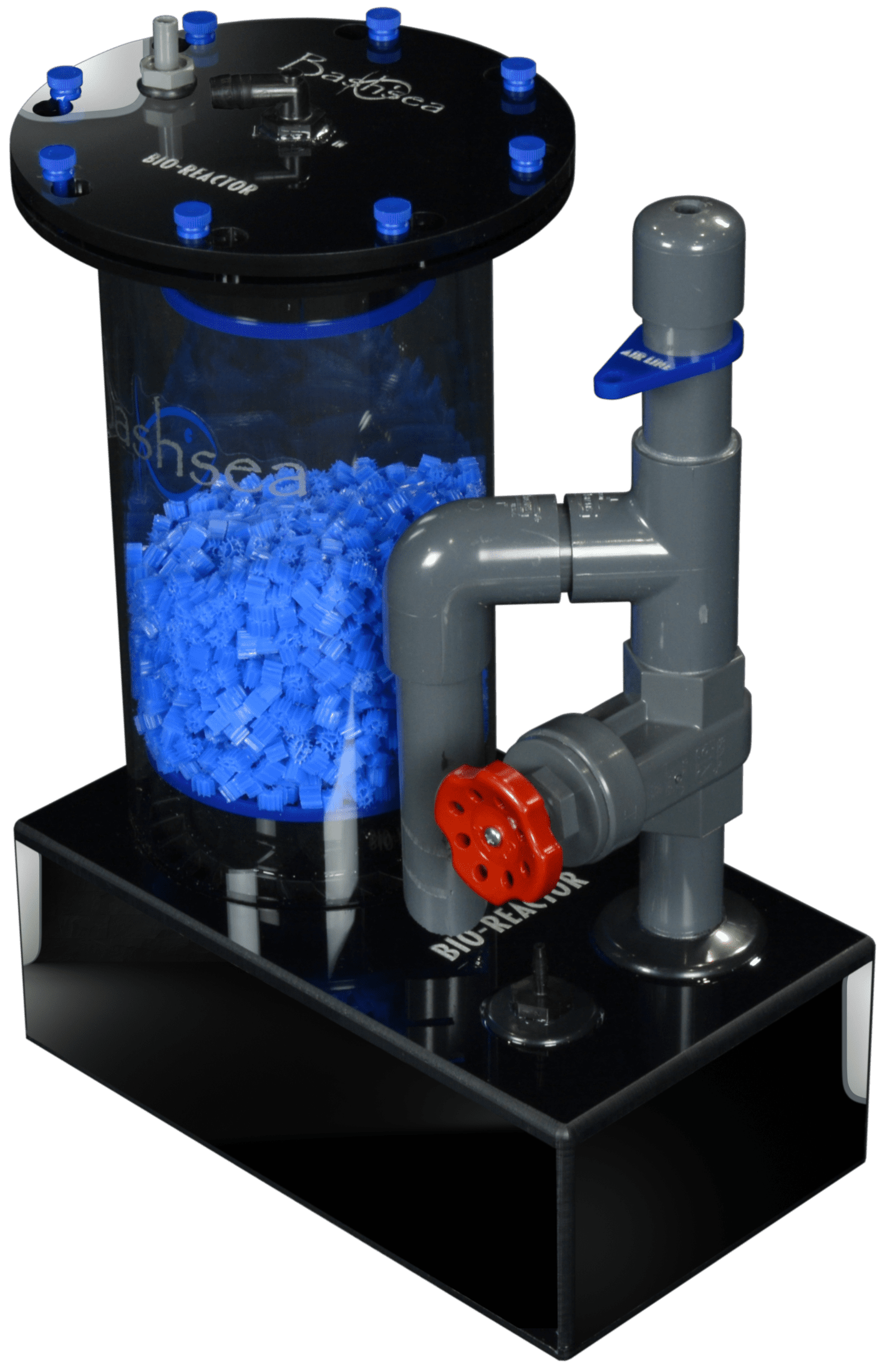Welcome to our comprehensive guide on bio reactors! In this article, we will delve into the world of bio reactors, exploring what they are, how they work, their applications, and much more. Whether you are a student, a researcher, or simply curious about this fascinating technology, this guide will provide you with all the information you need to know about Bio Reactor Essentials.
Table of Contents
ToggleWhat is a Bio Reactor?
A bio reactor is a device that provides an ideal environment for the growth of microorganisms or cells, allowing them to carry out specific biochemical reactions. These reactions can range from the production of enzymes and proteins to the fermentation of organic materials. Bio reactors are commonly used in industries such as pharmaceuticals, biotechnology, wastewater treatment, and food processing.
How Does a Bio Reactor Work?
Bio Reactor Essentials work by providing microorganisms or cells with the necessary conditions for growth and metabolism. These conditions typically include a source of nutrients, oxygen, pH control, and temperature regulation. The microorganisms or cells are introduced into the bio reactor, where they multiply and carry out the desired biochemical reactions. The bio reactor is designed to optimize the conditions for these reactions, ensuring high efficiency and productivity.

Credit: www.engr.colostate.edu
Types of Bio Reactors
There are several types of bio reactors, each designed for specific applications and processes. Some common types of bio reactors include:
- Stirred Tank Bio Reactors: These bio reactors use mechanical agitation to mix the contents and provide uniform conditions for the microorganisms.
- Air-lift Bio Reactors: These bio reactors use air bubbles to circulate the contents and maintain optimal oxygen levels for the microorganisms.
- Fixed Bed Bio Reactors: These bio reactors use a stationary bed of support material for the growth of microorganisms, providing high surface area and efficiency.
- Fluidized Bed Bio Reactors: These bio reactors use a fluidized bed of particles to suspend the microorganisms and provide efficient mixing and mass transfer.
Applications of Bio Reactors
Bio reactors have a wide range of applications across various industries. Some common applications of bio reactors include:
- Production of Pharmaceuticals: Bio reactors are used to produce antibiotics, vaccines, and other pharmaceutical products using genetically engineered microorganisms.
- Bioremediation: Bio reactors are used to clean up contaminated environments by using microorganisms to degrade pollutants and toxins.
- Wastewater Treatment: Bio reactors are used to treat wastewater by removing organic pollutants and nutrients through biological processes.
- Food Processing: Bio reactors are used in the production of food ingredients, enzymes, and fermentation products.
Benefits of Bio Reactors
There are several benefits to using bio reactors in various industries:
- Environmentally Friendly: Bio reactors offer a sustainable and environmentally friendly approach to various processes, reducing the use of chemicals and energy.
- Cost-Effective: Bio reactors can often be more cost-effective than traditional methods, especially in long-term operations.
- High Efficiency: Bio reactors provide optimal conditions for biochemical reactions, leading to higher productivity and yield.
- Versatility: Bio reactors can be adapted for different processes and applications, making them versatile tools in various industries.

Credit: bashsea.com
Future of Bio Reactors
As technology continues to advance, the future of bio reactors looks promising. Researchers are exploring new materials, designs, and processes to enhance the efficiency and capabilities of bio reactors. With increasing focus on sustainability and green technologies, bio reactors are expected to play a crucial role in the future of industries such as biotechnology, pharmaceuticals, and environmental engineering.
Frequently Asked Questions
What Is A Bio Reactor?
A bio reactor is a device that supports biological processes to produce desired products.
How Does A Bio Reactor Work?
Bio reactors use microorganisms to convert raw materials into specific products under controlled conditions.
Why Are Bio Reactors Important?
Bio reactors play a crucial role in producing pharmaceuticals, biofuels, and other valuable products efficiently.
What Are The Advantages Of Bio Reactors?
Bio reactors offer higher productivity, lower waste generation, and better control over the production process.
Conclusion
In conclusion, bio reactors are powerful tools that offer a sustainable and efficient approach to various biochemical processes. From pharmaceutical production to wastewater treatment, bio reactors have a wide range of applications and benefits. As technology evolves, bio reactors will continue to play a vital role in shaping the future of industries worldwide.
Thank you for reading our ultimate guide to bio reactors. We hope you found this information insightful and informative. Stay tuned for more exciting updates on the latest advancements in bio reactor technology!
